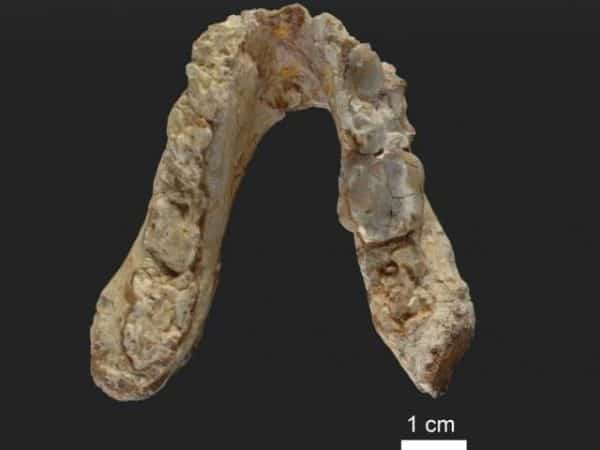
 Was Europe the birthplace of mankind?
Was Europe the birthplace of mankind?
New research, according to an international team of scientists, states the human lineage originated in Europe, not Africa, as so commonly believed.
David Begun, a paleoanthropologist in the Faculty of Arts & Science at the University of Toronto, co-authored one of two controversial studies recently reported on the pre-human remains in Plos One.
Begun said their discovery outlines a new scenario for the beginning of human history.
“The findings allow us to move the human-chimpanzee split into the Mediterranean area,” he said.
“These research findings call into question one of the most dogmatic assertions in paleoanthropology since Charles Darwin, which is that the human lineage originated in Africa.”
Begun added it’s not a matter of continental bragging rights.
“It is critical to know where the human lineage arose so that we can reconstruct the circumstances leading to our divergence from the common ancestor we share with chimpanzees.”
Was Europe the birthplace of mankind? Researchers analyzed two known fossil specimens of Graecopithecus freybergi –a lower jaw from Greece and an upper premolar from Bulgaria – and came to the conclusion they belong to pre-humans…
Researchers analyzed two known fossil specimens of Graecopithecus freybergi –a lower jaw from Greece and an upper premolar from Bulgaria – and came to the conclusion they belong to pre-humans. Furthermore, Graecopithecus is several hundred thousand years older than the oldest potential pre-human from Africa, the six to seven-million-year-old Sahelanthropus from Chad, stated the U of T article.
With the use of computer tomography, researchers could visualize the internal structures of the Graecopithecus fossils, and demonstrated the roots of pre-molars are widely fused. The lower jaw has additional dental root features, which suggests the species Graecopithecus freybergi may belong to the pre-human lineage, added the article.
Madelaine Böhme from the Senckenberg Centre for Human Evolution and Palaeoenvironment at the University of Tübingen, co-led the investigations with Nikolai Spassov from the Bulgarian Academy of Sciences.
The research team dated the sedimentary sequence of the Graecopithecus fossil sites in Greece and Bulgaria and the age for both fossils are 7.24 and 7.175 million years before present.
This contradicts what researchers and people around the world have believed for many years. It has been commonly accepted that the original split between humans and chimpanzees occurred in East Africa, where environmental shifts resulted in the adaptation from ape to biped.
A BBC article further reinforced this theory in 2015 when it documented the discovery of a jawbone in Ethiopia dating back 2.8 million years.
This discovery suggested climate change was what propelled the transition from “tree dweller to upright walker” as is believed in the recent study that striking environmental changes was the catalyst for the evolution of pre-humans.
Böhme’s team’s theory however, places the location of these environmental shifts more northward, with analysis which places conditions similar to those which first created the North African Sahara desert further north toward Europe, as far back as seven million years ago.
While still controversial in the scientific community, these findings cast a new perspective on how both our species and environment got to where they are today.
Leave a Reply
You must be logged in to post a comment.




 Share
Share Tweet
Tweet Share
Share




Comment